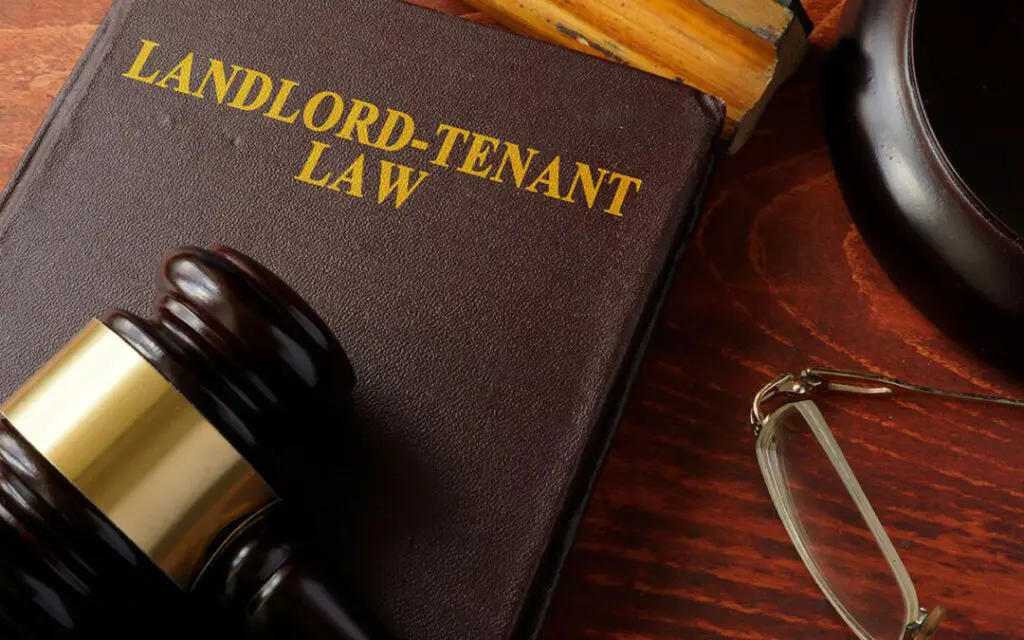Owning and managing rental properties in the Denver metro area can be a lucrative endeavor, but it’s essential to stay up-to-date with the ever-evolving legal landscape. From tenant rights to landlord responsibilities, understanding the laws governing rental properties is crucial for maintaining compliance and fostering positive landlord-tenant relationships. In this blog post, we’ll explore some of the current Denver Metro area laws every landlord and property manager should know.

1. Fair Housing Laws: First and foremost, landlords and property managers must adhere to fair housing laws that prohibit discrimination based on race, color, national origin, religion, sex, familial status, and disability. It’s illegal to deny housing or treat tenants differently based on these protected characteristics.
2. Security Deposit Regulations: Colorado law regulates how landlords handle security deposits. Landlords must return a tenant’s security deposit within one month of the lease termination, along with an itemized list of any deductions for damages beyond normal wear and tear.
3. Rental Application Fees: Landlords are permitted to charge prospective tenants a reasonable application fee to cover the costs of screening, such as background checks and credit reports. However, this fee must be disclosed in writing, and landlords cannot charge more than the actual cost of screening.
4. Habitability Standards: Landlords are responsible for maintaining rental properties in a habitable condition, which includes providing adequate heat, water, electricity, and sanitation facilities. Failure to address habitability issues can result in legal consequences for landlords
5. Eviction Procedures: If a landlord needs to evict a tenant for non-payment of rent or lease violations, they must follow the proper legal procedures outlined in Colorado’s eviction laws. This typically involves providing the tenant with written notice and following specific timelines before filing for eviction in court.
6. Rent Control: While there are currently no statewide rent control laws in Colorado, some cities in the Denver metro area have implemented their own rent control measures or rent stabilization ordinances. Landlords should familiarize themselves with local regulations governing rent increases and tenant protections.
7. Marijuana Laws: Colorado has legalized recreational marijuana, but landlords still have the right to prohibit marijuana use and cultivation on their rental properties. Landlords can include clauses in lease agreements that prohibit smoking or growing marijuana indoors
8. Short-Term Rental Regulations: With the rise of platforms like Airbnb and VRBO, many cities in the Denver metro area have implemented regulations on short-term rentals. Landlords must comply with local licensing requirements and zoning regulations governing short-term rental properties.
9. Radon Mitigation: Colorado is known for its geological composition, which can lead to elevated levels of radon gas in buildings. Landlords and property managers should be aware of radon mitigation requirements and consider testing rental properties for radon levels. If high levels are detected, landlords may need to implement radon mitigation measures to ensure the safety of tenants.
Staying informed about these and other relevant laws is essential for landlords and property managers operating in the Denver metro area. By prioritizing legal compliance and maintaining open communication with tenants, landlords can build positive relationships and avoid potential legal disputes down the road. Remember, when in doubt, it’s always wise to consult with a qualified legal professional who specializes in landlord-tenant law.
